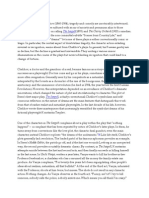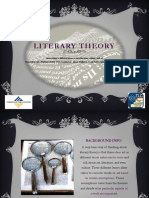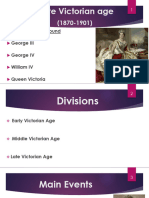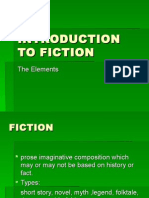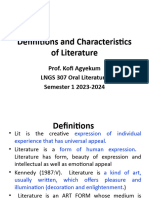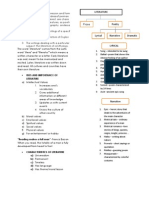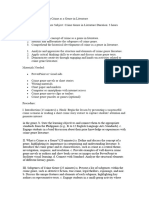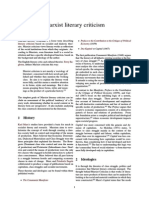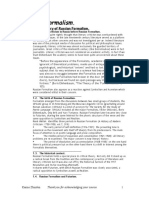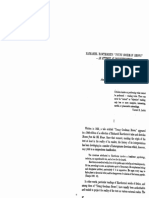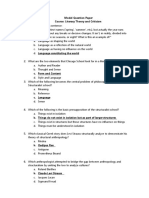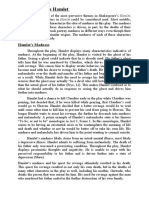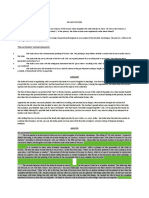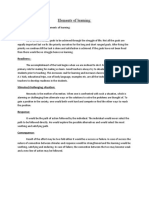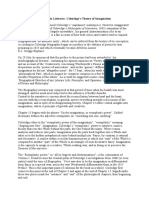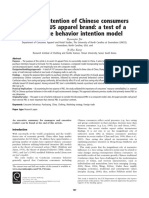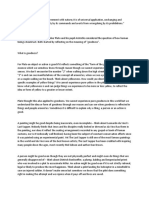0% found this document useful (0 votes)
820 views3 pagesLiterary Theory Assignment
This document discusses the concept of literary theory and its importance in analyzing literature. It begins by defining theory as a set of concepts and relationships that explain a phenomenon according to several scholars. It then explains that a theory provides understanding by answering the question of "why?" and that theories are attempts to explain phenomena that are accepted by a community. The document outlines several purposes of literary theory, including providing frameworks for interpreting literary works and analyzing elements such as history, language, genre, and culture. It concludes by stating that combining multiple perspectives from different theories provides a richer analysis and understanding of texts.
Uploaded by
Simi BotCopyright
© © All Rights Reserved
We take content rights seriously. If you suspect this is your content, claim it here.
Available Formats
Download as DOCX, PDF, TXT or read online on Scribd
0% found this document useful (0 votes)
820 views3 pagesLiterary Theory Assignment
This document discusses the concept of literary theory and its importance in analyzing literature. It begins by defining theory as a set of concepts and relationships that explain a phenomenon according to several scholars. It then explains that a theory provides understanding by answering the question of "why?" and that theories are attempts to explain phenomena that are accepted by a community. The document outlines several purposes of literary theory, including providing frameworks for interpreting literary works and analyzing elements such as history, language, genre, and culture. It concludes by stating that combining multiple perspectives from different theories provides a richer analysis and understanding of texts.
Uploaded by
Simi BotCopyright
© © All Rights Reserved
We take content rights seriously. If you suspect this is your content, claim it here.
Available Formats
Download as DOCX, PDF, TXT or read online on Scribd
/ 3

